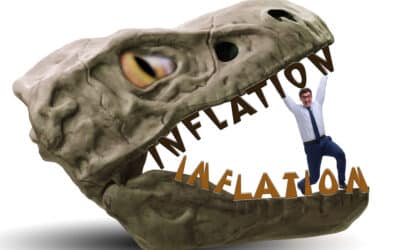“Popular literature attributes enormous ‘power’ to the capitalist and considers his owning a mass of capital goods as of enormous significance, giving him a great advantage over other people in the economy. We see, however, that this is far from the case; indeed, the opposite may well be true. For the capitalist has already saved from possible consumption and hired the services of factors to produce his capital goods. The owners of these factors have the money already for which they otherwise would have had to save and wait (and bear uncertainty), while the capitalist has only a mass of capital goods, a mass that will prove worthless to him unless it can be further worked on and the product sold to the consumers….
“[C]apital goods are not independently productive. They are the imputable creatures of land and labor (and time). Therefore, capital goods generate no interest income…. [No] income accrues to the owners of capital goods as such.”
—Murray N. Rothbard, Man, Economy, and State, Chap. 5, secs. 6 & 7, 1962





























